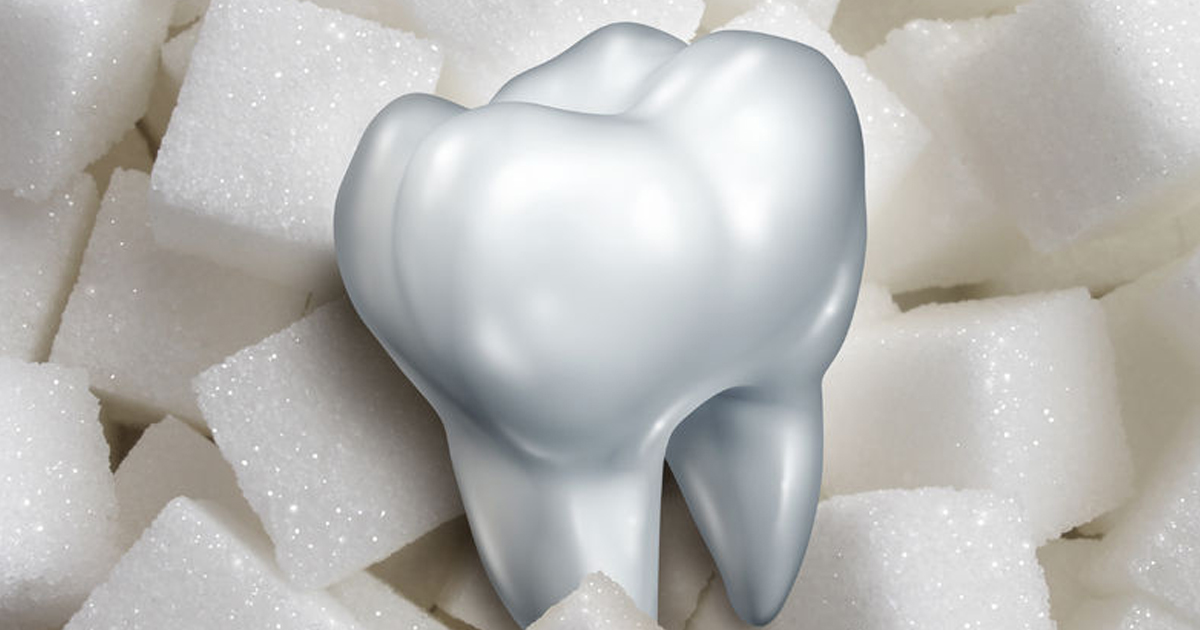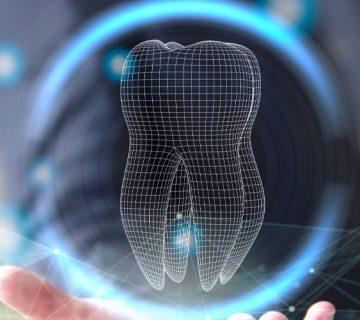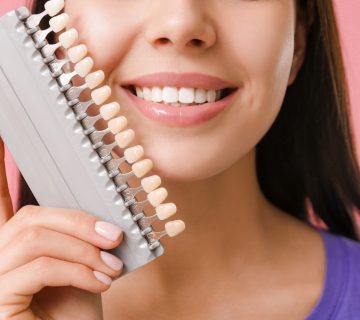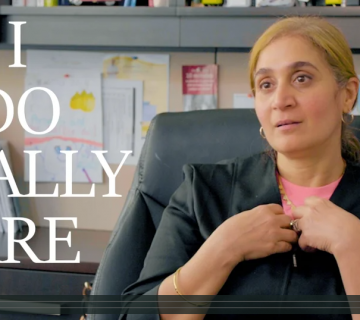WHAT DOES SUGAR DO TO YOUR TEETH?
HOW BAD IS SUGAR FOR YOUR TEETH?
Do you know what sugar does to your teeth? A new national campaign called SugarByHalf was recently launched in Australia by a group of health experts, doctors, celebrities and scientists who want to raise awareness of how bad sugar is for our teeth and how avoiding extra usage of sugar can improve our overall health.

They’re not the only ones concerned about the effects of sugar. The World Health Organization says we should limit added sugar consumption to fewer than six teaspoons per day. Considering that the average can of Coca Cola contains 10 teaspoons of sugar we have a lot of cutting down to do in order to meet the recommended limit.
Image Source: Sugar Stacks.com
And sugar is not just making us fat. All that added sugar is destroying our teeth, too. By the age of six half of Aussie kids have decay in their baby teeth and by the age of 12 half have decay in their adult teeth. Thousands of children as young as three years of age are hospitalized in order to have multiple teeth extracted because of the effects of sugar.
NOT CONVINCED? LET’S SEE HOW SUGAR AFFECTS OVERALL HEALTH
The instant something sweet touches your tongue your taste buds send a direct message your brain: deee-lish! Your noggin’s reward system ignites, unleashing dopamine. Meanwhile, the sugar you swallowed lands in your stomach, where it’s diluted by digestive juices and shuttled into your small intestine. Enzymes begin breaking down every bit of it into two types of molecules: glucose and fructose. Most added sugar comes from sugar cane or sugar beets and is equal parts glucose and fructose; lab-concocted high-fructose corn syrup, however, often has more processed fructose than glucose. Eaten repeatedly, these molecules can hit your body…hard.
And, no, we’re not just talking cavities. When eaten in such vast quantities, sugar can wreak havoc on the entire body. Overtime, that havoc can lead to diabetes and obesity, and can also contribute to Alzheimer’s disease as well as breast, endometrial and colon cancers. One new study found that people who loaded up on sugar doubled their risk of dying from heart disease even though they were within a healthy weight range. Other research pinpoints excess sugar as a major cause of non-alcoholic fatty liver disease, which can lead to liver failure.
HOW DOES SUGAR AFFECT TOOTH DECAY?
Sugar plays a harmful role in tooth decay. The bacteria that forms together to become plaque use sugar as a form of energy. They multiply faster and the plaque grows in size and thickness. Some of the bacteria turns the sugar into a sort of glue that they use to stick themselves to the tooth surface. This makes it harder for the bacteria to get washed away with your saliva.
A CONSTANT BATTLE IN THE MOUTH
Your teeth are frequently under attack from acids, but the good news is this damage is constantly being reversed. Acids leech minerals from the enamel through a process called demineralisation. Fortunately, the natural process of remineralisation replaces those minerals and strengthens the teeth all over again – and your saliva is a key player. Saliva contains minerals such as calcium and phosphates to help repair the teeth. Fluoride is another mineral that helps repair weakened enamel. However, if you eat a lot of sweets and starches throughout the day, replacing lost minerals can only do so much to prevent the effects of sugar on teeth.
HOW CAN YOU PREVENT TOOTH DECAY?
Whenever you eat, the bacteria naturally found within your mouth works hard to break down the food, which in turn causes acid to develop. The acid produced within your mouth then begins to break down the structure of your teeth, along with destroying your tooth enamel and dentine, which then results in tooth decay. We are all at risk of developing tooth decay due to the presence of bacteria in our mouths, however, children have a higher risk than adults. Taking good care of your teeth and practicing a healthy lifestyle is the best way to decrease the risk of oral disease.
-
MAKE REGULAR TRIPS TO THE DENTIST
Making regular visits to the dentist for oral examinations and cleaning is one of the best ways to reduce the risk of tooth decay developing. The Australian Dental Association recommends that children should have an oral health assessment once they have developed their first tooth or when they are 12 months old. Ensuring regular trips to your dental practitioner can assist in diagnosing and treating any oral conditions that could cause damage to your family’s teeth.
-
BRUSH YOUR TEETH REGULARLY
Of course, a very important step in preventing cavities and tooth decay is regular brushing, a minimum of twice daily. It is advisable to brush after each meal where possible and then before you go to bed at night. There are numerous toothpaste and toothbrush options on the market to suit your dental care needs as well as dental floss, tooth picks, tooth whitening kits, etc…
-
WATCH WHAT YOU EAT
What you eat and drink is just as important as the oral hygiene practices you keep. Ensure you are consuming nutritious food, rather than products that are high in carbs, such as high sugar sweets and snacks, cakes and sticky foods which should only be eaten on occasion. If you do feel the urge for one of these types of foods, it is essential to brush your teeth straight away, as foods high in carbohydrates have a habit of sticking to the tooth surface.
Tooth decay and oral disease have been a common issue since the beginning of time, however today it is often easily prevented with the proper care. Prevention is always better than a cure and the simplest way to protect yourself and your family from tooth decay is to keep your teeth and gums healthy. The NHS recommends following these simple suggestions to keep your mouth in tip-top condition:
- Make regular trips to the dentist – your family dentist will advise on how regular your visits should be, depending on the overall condition of your teeth and gums.
- Keep high carbohydrate, high sugar foods and beverages to a minimum, especially between meals and just before you turn in for the night.
- Take good care of teeth and gums – this includes regular brushing at least twice a day with a fluoride toothpaste.
- Stay away from excessive alcohol consumption and smoking – alcohol is known to contribute to tooth enamel decay and tobacco products can interfere with the production of saliva, which helps to keep your teeth clean.
- Make an appointment to visit your dentist or doctor if you suffer from a persistently dry mouth – a persistent dry mouth could be attributed to a range of medical conditions or certain medicines and treatments, so talk to your dentist or doctor if this is a problem for you.





